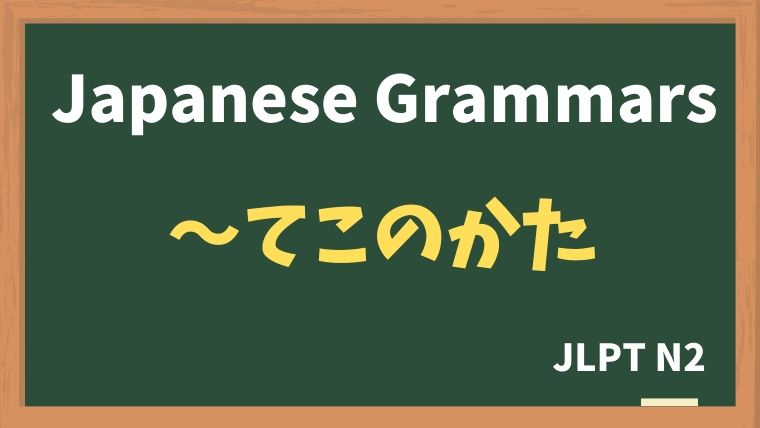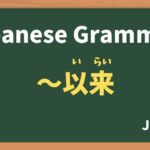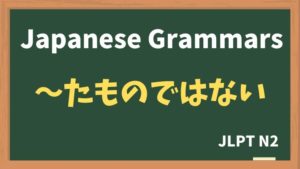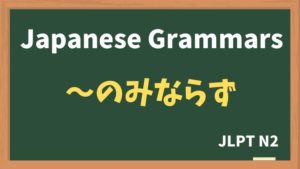
Explanation:〜てこのかた
fa-check-circleMeaning
"〜してから、今までずっと / (time)の間、ずっと"
"All the time since ~ / ever since"
XてこのかたY:Y has been continuing since the time X occurred.
Used to indicate that a certain period of time has passed since a specific event occurred. It expresses the continuity of a situation or condition from the time of the event until the present. This phrase is more formal and often used in written language.
fa-check-circleForm
V(Te form) + このかた
N + このかた
fa-check-circlePoints
- Time Continuity: It emphasizes that something has been continuously happening or has remained the same since the referenced point in time.
- Formal Usage: Typically used in formal settings or literary contexts, often seen in written language rather than everyday speech.
- Refers to the Past: The event in question must have happened in the past, and the focus is on what has transpired since then.
fa-check-circleJLPT Level
N2
fa-check-circleNote
① It cannot be used when talking about events from the recent past to the present.
② It cannot be used to indicate future events.
Sample sentenes
生まれてこのかた、海外に行ったことがありません。
Since I was born, I've never been abroad.
生まれてこのかた、彼女ができたことがありません。
Since I was born, I've never had a girlfriend.
結婚してこのかた、一度も旅行していない。
Since we got married, we haven't traveled even once.
10年このかた、家族に会っていません。
I haven't seen my family in the past ten years.
1年このかた、ひげを剃っていません。
I haven't shaved my beard in the past year.
日本に来てこのかた、毎日忙しく過ごしています。
Ever since I came to Japan, I’ve been busy every day.
Vocabulary
| Japanese |
English | |
| 髭 | ひげ | beard |
| 剃る | そる | to shave |
Similar Sentence Pattern







